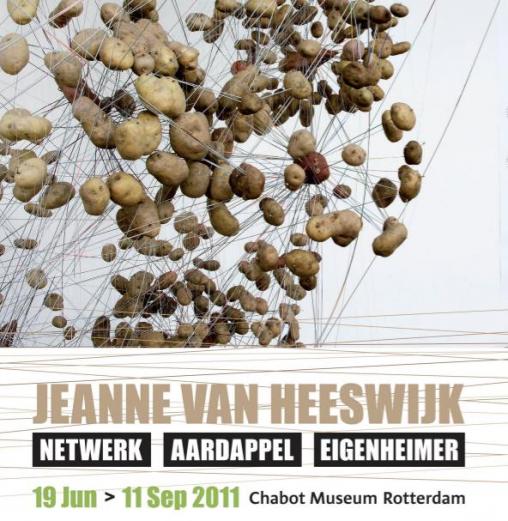
From 19 June to 11 September 2011 the video "Langs de Lijn" we made for Jeanne van Heeswijk, will be exhibited in her retrospective at the Chabot Museum in Rotterdam.
The exhibition includes works Jeanne made in collaboration with: Mindaugas Arlinskas, Yun Bao, inhabitants Werthacker, Frank de Bruijn, Maurits de Bruijn, Benny Busborg, Yane Calvoski, Linas Citvaras, Floor Cornelisse, Rolf Engelen, Klaas van Gorkum, Ali Al Harbi, Iratxe Jaio, Huda Al Kazwine, Thijs Kelder, Wenying Liao, François Lombarts, Marcel van der Meijs, Jeroen Musch, Sonya Schönberger, Pia Sigmund, Paul Sixta, employees SUS, Roger Teeuwen, Siebe Thissen, Joke Tjalsma, Pieter Vandermeer, Frans Vermeer, Anique Weve and Marten Winters.